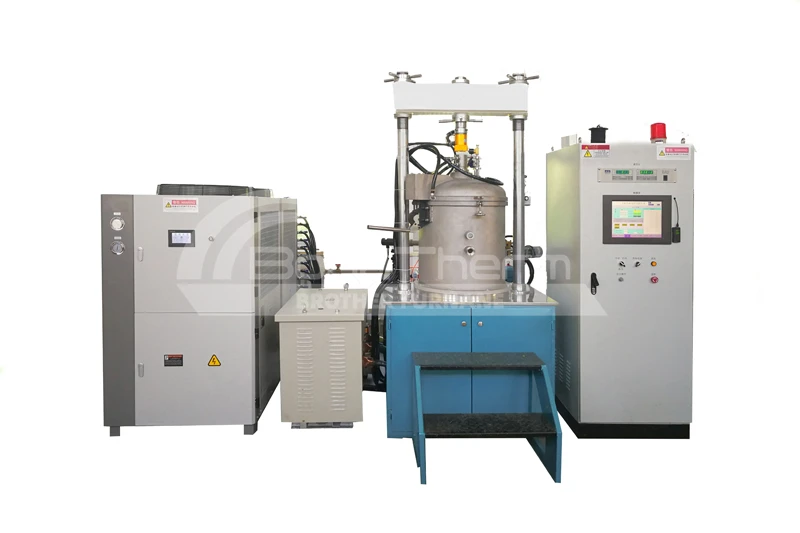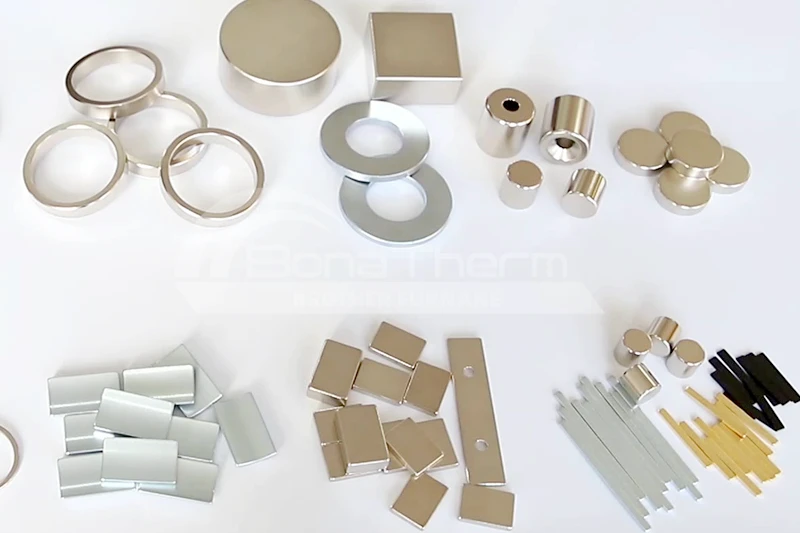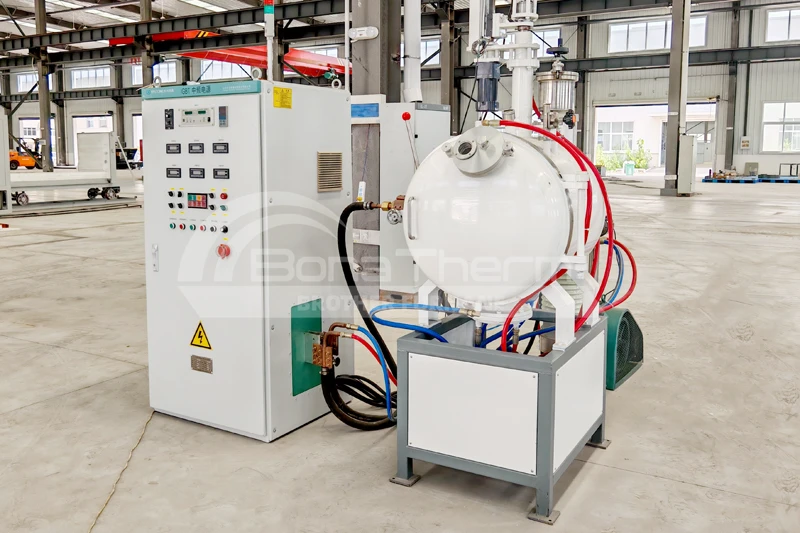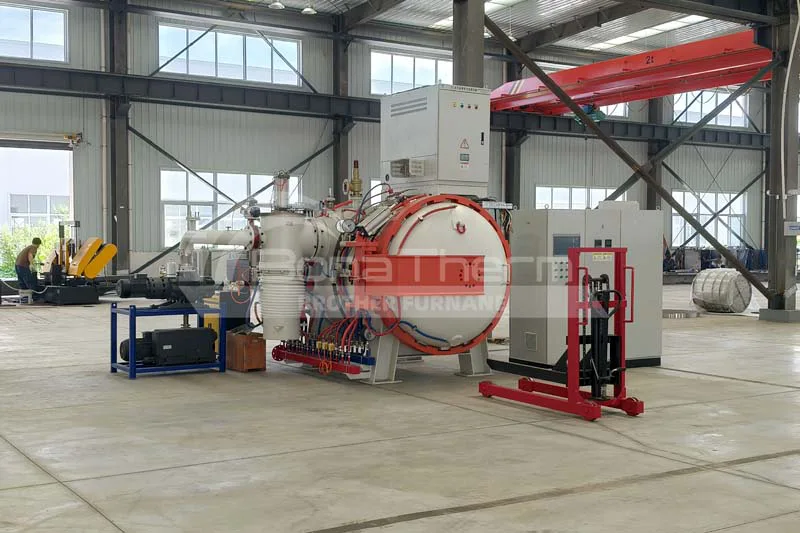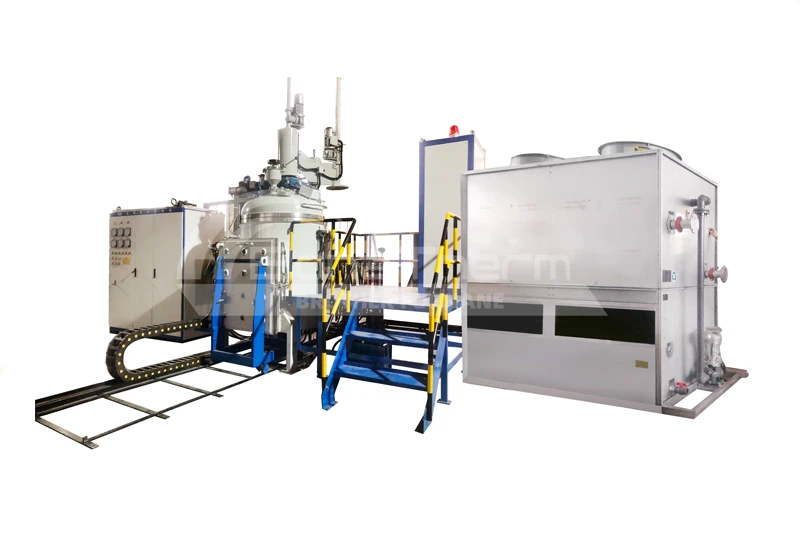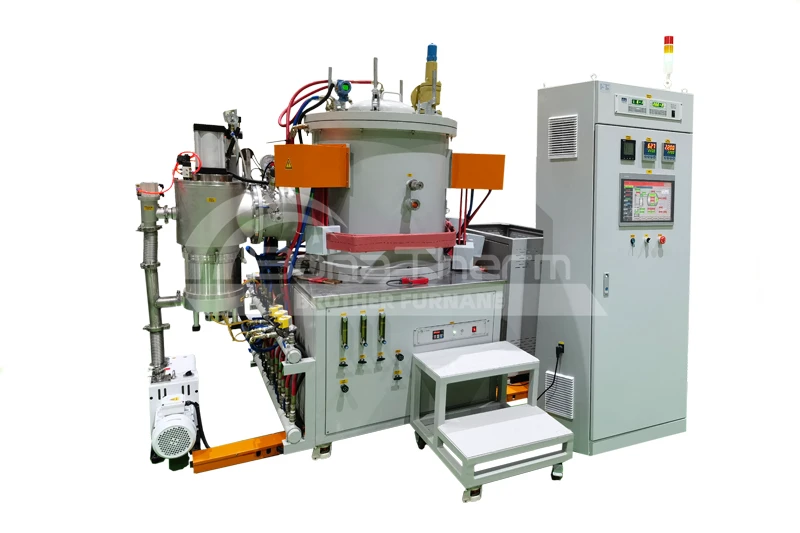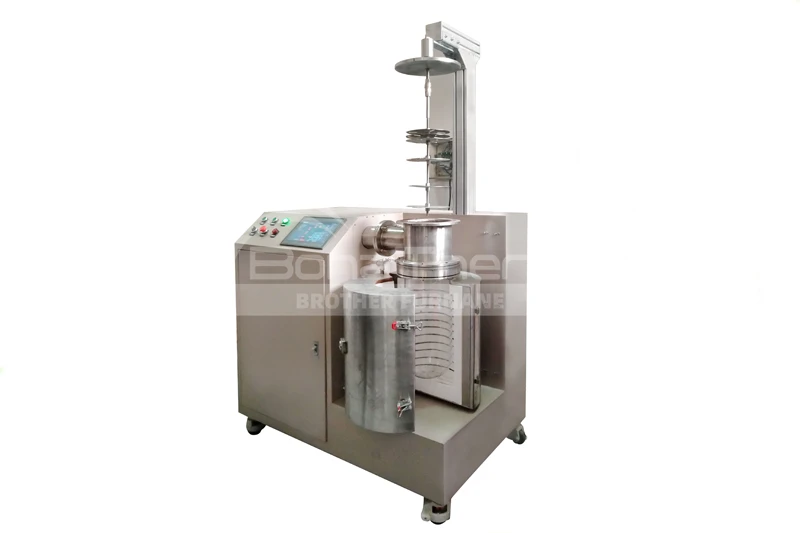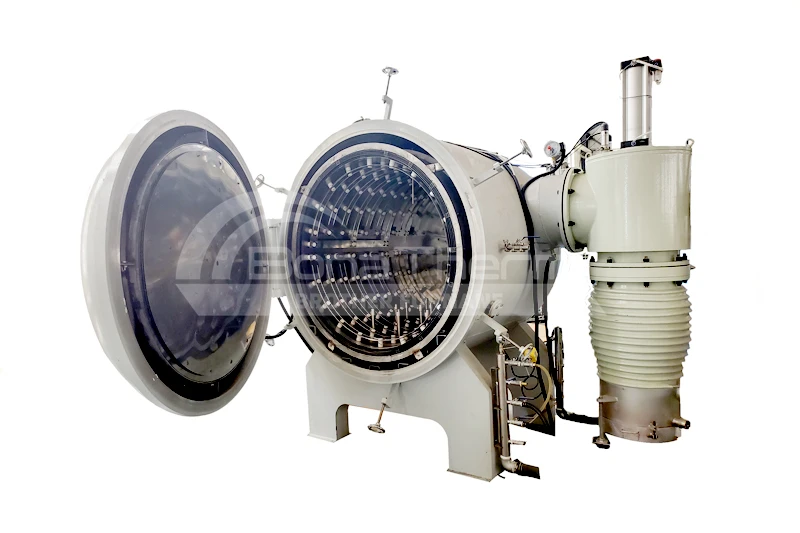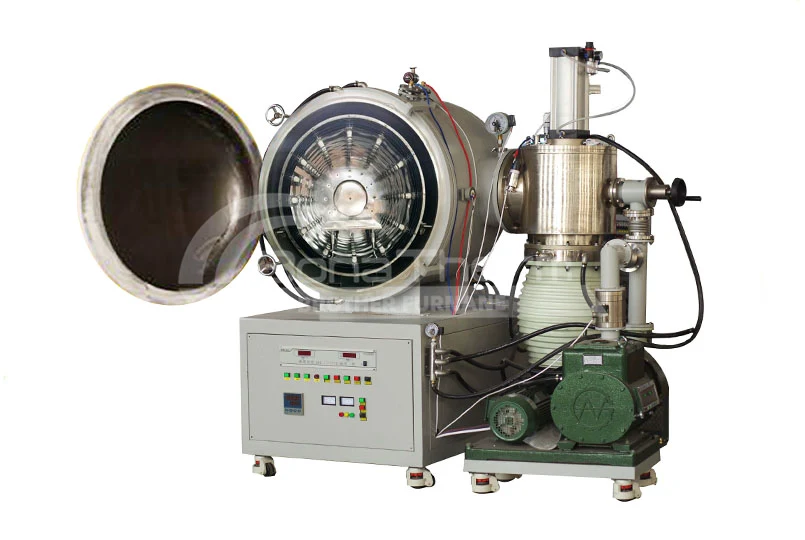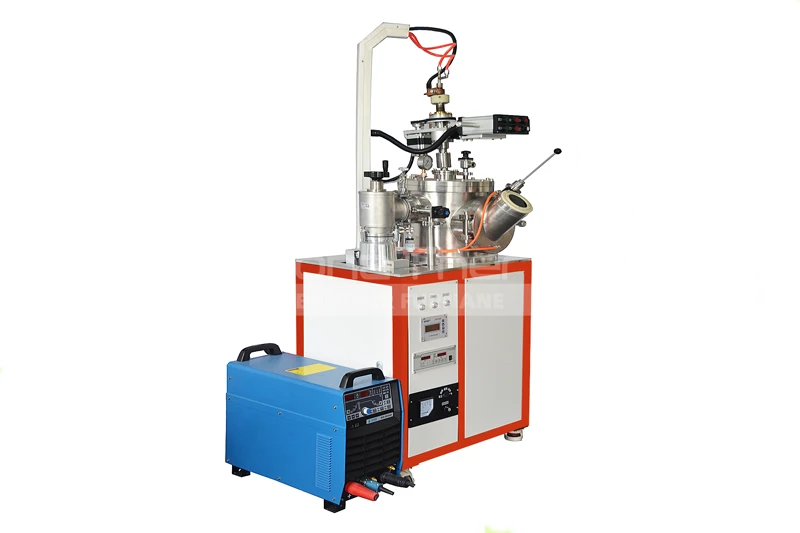Vacuum Heat Treatment Furnace for Metalworking
A vacuum heat treatment furnace is a highly efficient and precise heat
treatment equipment that can be used for metalworking, capable of handling a
wide range of metal workpieces, including high-alloy steel, stainless steel,
aluminum alloys, titanium alloys and so on.
Especially in the fields of aerospace, automotive manufacturing, mold processing and precision instruments, high-temperature vacuum heat treatment furnace is suitable for the heat treatment needs of all kinds of metal and alloy materials.
By heating in a vacuum environment, the vacuum heat treatment furnace can effectively avoid the oxidation, nitriding, and other problems common in the traditional heat treatment process, and significantly improve the mechanical properties and surface quality of the workpiece.
This process includes three main stages of heating, holding, and cooling, which can achieve uniform heating and rapid cooling of the material to optimize its hardness, toughness, and wear resistance, and a series of other objectives.
Next, Brother Furnace will explore the various types of workpieces that can
be processed in a vacuum heat-treating furnace and their specific applications
to help you more fully understand the potential and advantages of this
equipment.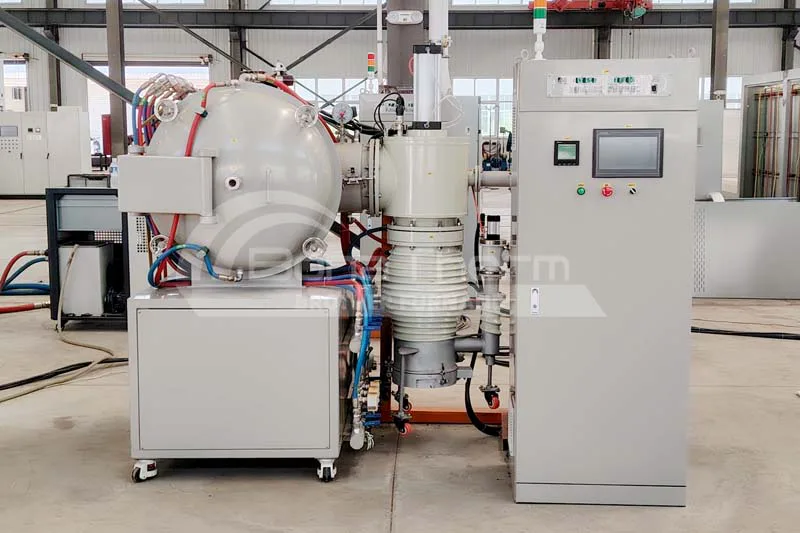
Basic Principles of Vacuum Heat Treatment Furnaces
The primary function of a vacuum heat treat furnace is to optimize the physical and chemical properties of metal workpieces by heating and treating them in a vacuum environment. The key to the process is to create a low-oxygen environment to avoid oxidation and other possible contamination.
Work Process
The process of vacuum heat treatment usually consists of the following stages:
Heating phase: The workpiece is heated to a predetermined temperature. The heating rate can be adjusted according to the characteristics of the workpiece material to ensure an even temperature distribution.
Holding phase: After reaching the predetermined temperature, the workpiece is held at this temperature for a certain period to complete the chemical reactions and physical changes required for heat treatment.
Cooling phase: Cooling can be done by different methods such as air cooling, oil cooling, or nitrogen cooling to obtain the desired material properties.
Advantages of the vacuum environment
Free from oxidation and nitriding: Under vacuum conditions, the surface of
the workpiece is not affected by oxygen and nitrogen, thus reducing oxidation
and nitriding and maintaining the purity and quality of the metal.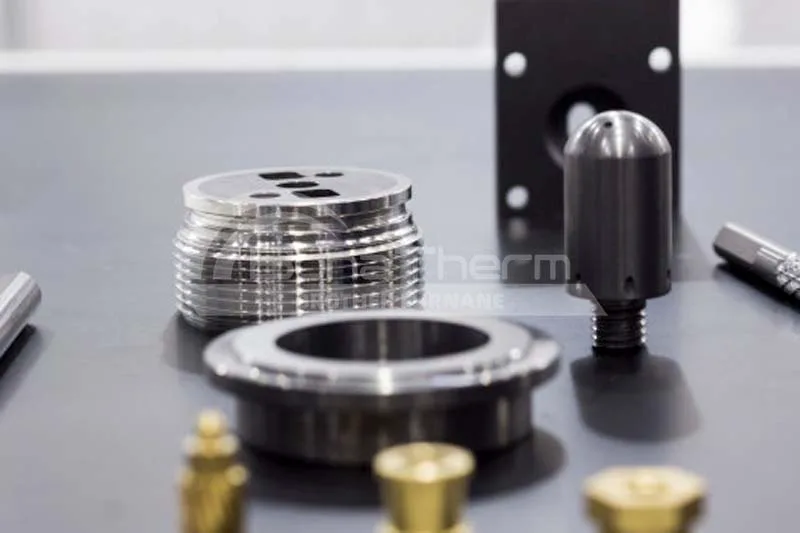
Enhanced surface quality: Contaminants on the surface of the workpiece are more easily removed during vacuum heat treatment, thus ensuring excellent surface quality of the final product.
Precise temperature control: Vacuum furnaces can realize more precise temperature control to ensure the stability of the heat treatment process, thus improving the performance of the workpiece.
What Metals Can Be Treated in a Vacuum Heat Treatment Furnace
Vacuum heat treatment furnace can handle many types of workpieces, mainly including the following categories:
1. Iron and Steel Materials
High-alloy Steel
High-alloy steel is widely used in aviation, automotive, and mold manufacturing due to its superior mechanical properties. In a vacuum heat treatment furnace, this material can achieve precise temperature control to ensure that it obtains the desired hardness and strength.
Stainless Steel
Stainless steel has good corrosion resistance and is widely used in food
processing, chemical equipment, and medical devices. Vacuum heat treatment can
effectively improve the oxidation resistance of stainless steel and extend its
service life.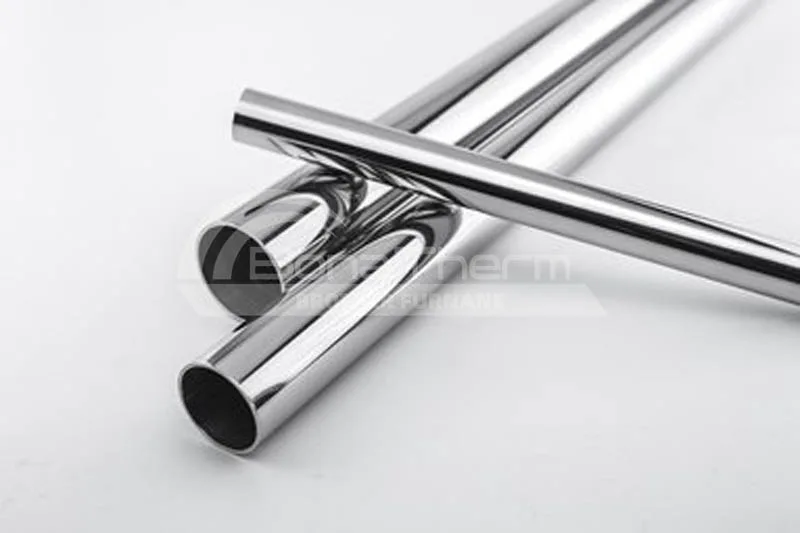
Tool Steel
Tool steel is an important material for manufacturing various knives, molds, and mechanical parts. The the vacuum heat treatment, can improve the hardness and wear resistance of tool steel, to meet the needs of high-intensity working conditions.
2. Non-ferrous Metals
Aluminum Alloy
Aluminum alloy is widely used in aviation, automotive, and other industries, and its lightweight and high-strength characteristics are highly favored. Heat treatment furnaces can improve the strength and corrosion resistance of aluminum alloy so that it can perform well in a variety of harsh environments.
Copper Alloys
Copper alloys are commonly used in electrical and electronic equipment. Vacuum heat treatment improves the electrical conductivity and mechanical properties of copper alloys, thus enhancing their stability at high temperatures.
3. Specialty Alloys
Nickel-based alloys
Nickel-based alloys are widely used in aircraft engines and chemical
equipment due to their excellent resistance to high temperatures and corrosion.
Vacuum heat treatment can further enhance their fatigue and heat resistance,
ensuring reliability in extreme environments.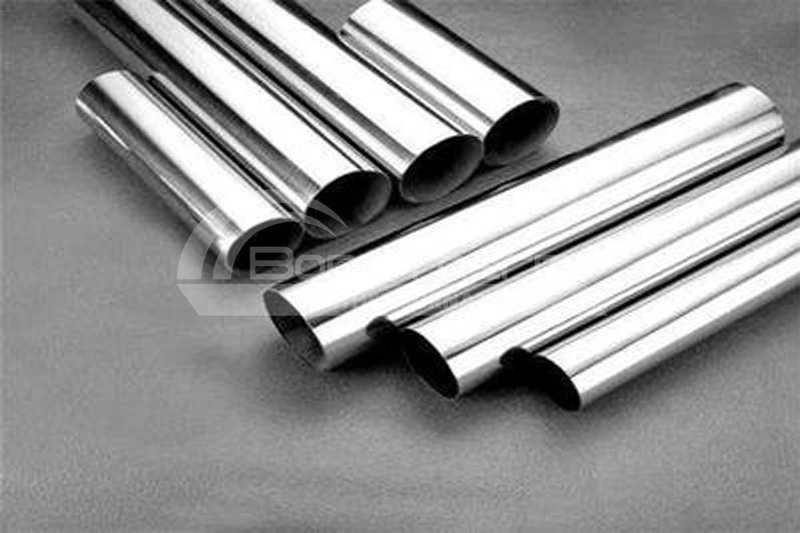
Titanium Alloys
Titanium alloys are widely used in medical and aerospace applications, where their superior strength-to-weight ratio makes them highly desirable. Vacuum heat treatment can effectively improve the microstructure of titanium alloys, thus enhancing their overall performance.
3. Other Materials
Cemented Carbide
Cemented carbide is mainly used to manufacture cutting tools and wear-resistant parts. Vacuum heat treatment can significantly improve their hardness and wear resistance, thus extending the service life of tools.
Carbide
Carbide materials are commonly used in the manufacture of wear-resistant parts and cutting tools, through vacuum heat treatment, can improve their toughness and wear resistance, adapted to higher intensity working conditions.
Which Areas Need Vacuum Heat Treatment Furnaces
Aerospace Industry
In the aerospace field, the performance of parts is extremely demanding, and
any small defects can lead to serious consequences. Vacuum heat treatment can
effectively ensure the strength and toughness of aerospace parts, ensuring their
safety under high-temperature and high-pressure conditions.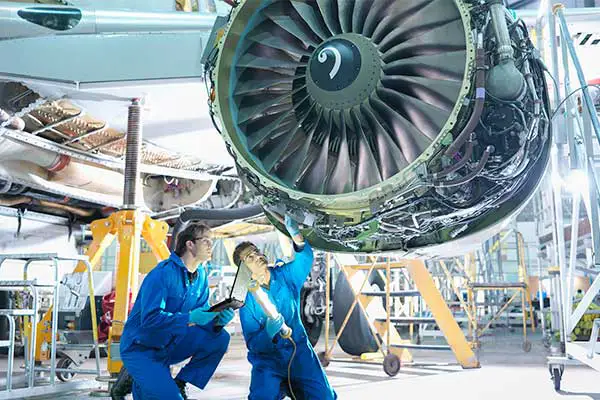
Automobile Manufacturing
Automotive parts such as crankshafts and pistons need to work under high temperatures and pressures. The vacuum heat treatment furnace of Brother Furnace can enhance their fatigue and wear resistance, thus improving the overall performance and safety of automobiles.
Medical Devices
Medical devices are made of highly demanding materials. Vacuum heat treatment furnaces can improve their surface quality and corrosion resistance, enabling them to maintain good performance in a variety of medical environments.
How to Choose a Vacuum Heat Treatment Furnace
Requirements of Workpieces
Different models of vacuum heat treatment furnaces handle workpieces of
different sizes and weights. You should choose the right equipment according to
your needs.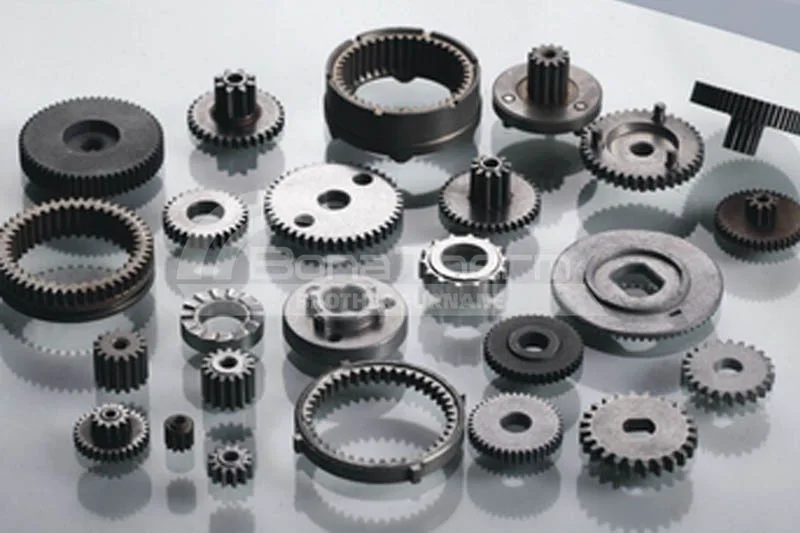
Temperature Control
The precision of temperature control directly affects the heat treatment effect. Brother Furnace suggests you: choose the vacuum heat treatment furnace with a high-precision temperature control system.
Atmosphere Control
For specific materials, atmosphere control is very important. Enterprises should ensure that the selected equipment can be adjusted according to the characteristics of the workpiece.
Vacuum Heat Treatment Furnace: Professional Metalworking equipment
As mentioned above, a vacuum heat treatment furnace is widely used in the field of metal processing, and it can deal with many types of workpieces, including high-alloy steel, stainless steel, aluminum alloy and so on. Through vacuum heat treatment, it can not only improve the performance of the workpiece but also ensure its surface quality.
As a professional vacuum furnace manufacturer, Brother Furnace is committed
to providing customers with high-quality equipment and services to help them
succeed in the fierce market competition.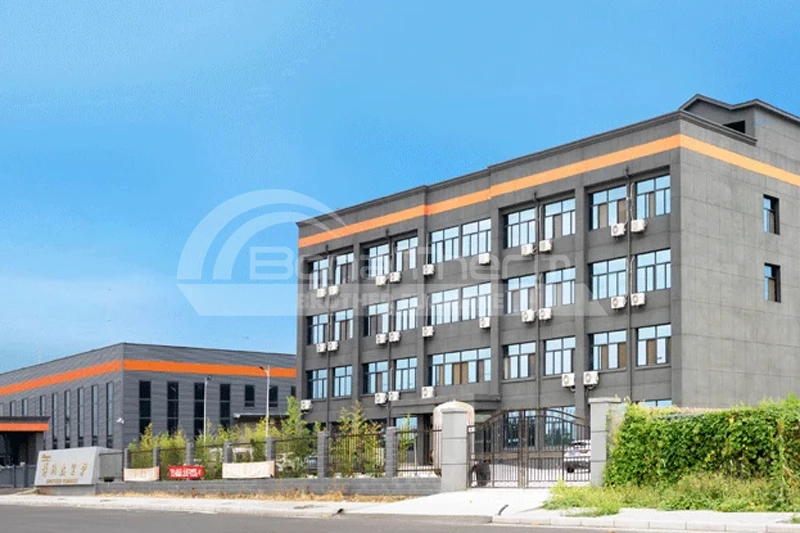
If you have any questions about vacuum heat treatment furnaces or related products, please feel free to contact us.
Brother Furnace sincerely looks forward to cooperating with you.

